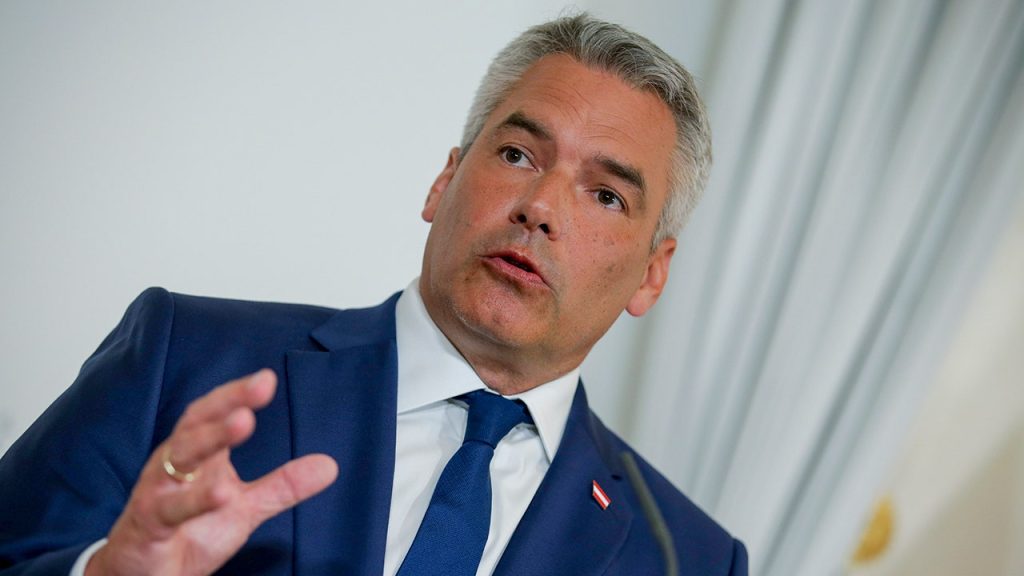Austria’s far-right Freedom Party is aiming to win a national election for the first time, with Herbert Kickl, the party’s leader, hoping to become the country’s new chancellor. Kickl has seen a surge in support for the Freedom Party, which has capitalized on voter concerns about immigration, inflation, the war in Ukraine, and the COVID pandemic. Recent polls have shown a close race, with the Freedom Party holding support around 27%, closely followed by the conservative Austrian People’s Party and the center-left Social Democrats. The party’s platform includes calls for the “remigration of uninvited foreigners” and tighter border controls.
Under Kickl’s leadership, the Freedom Party has embraced a more radical position, with some comparing its rhetoric to that of far-right nationalist groups. The party calls for an end to sanctions against Russia, criticizes western military aid to Ukraine, and opposes certain European defense initiatives. Kickl has refused to distance the party from the Identitarian Movement, a pan-European far-right organization. The Social Democrats, led by Andreas Babler, have positioned themselves as the opposite of Kickl, ruling out governing with the far right and labeling Kickl as “a threat to democracy.”
While the Freedom Party has gained momentum, the popularity of Chancellor Karl Nehammer’s People’s Party has waned since the last election. Nehammer has portrayed his party as the “strong center” that will provide stability amid ongoing crises, including the COVID-19 pandemic and the conflict in Ukraine. However, the government’s handling of inflation and its initial rollout of a COVID vaccine mandate that was later scrapped have cost the conservatives support. Nehammer has rejected forming a government with Kickl but has not ruled out a coalition with the Freedom Party under different leadership.
The potential for a coalition government involving the Freedom Party remains uncertain, with multiple scenarios possible depending on the election outcome. If the People’s Party finishes first, a coalition between them and the Freedom Party could be possible, though Kickl may be reluctant to join a government without a prominent role. The alternative could be a three-way alliance between the People’s Party, the Social Democrats, and the liberal Neos party. The election campaign has highlighted key issues for Austrian voters, including concerns over immigration, the economy, and the environment, with each party presenting its vision for the country’s future.


